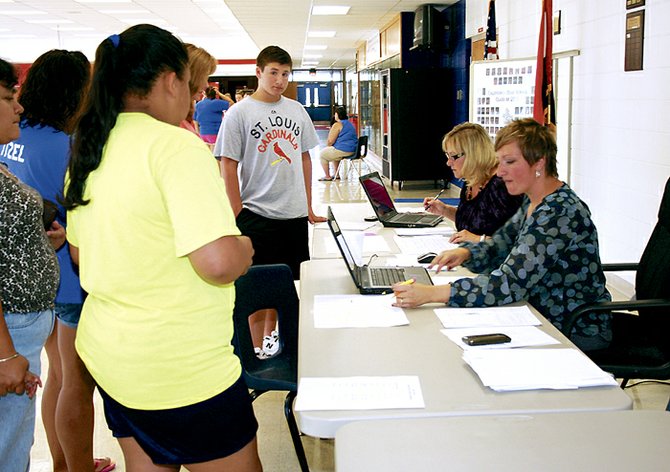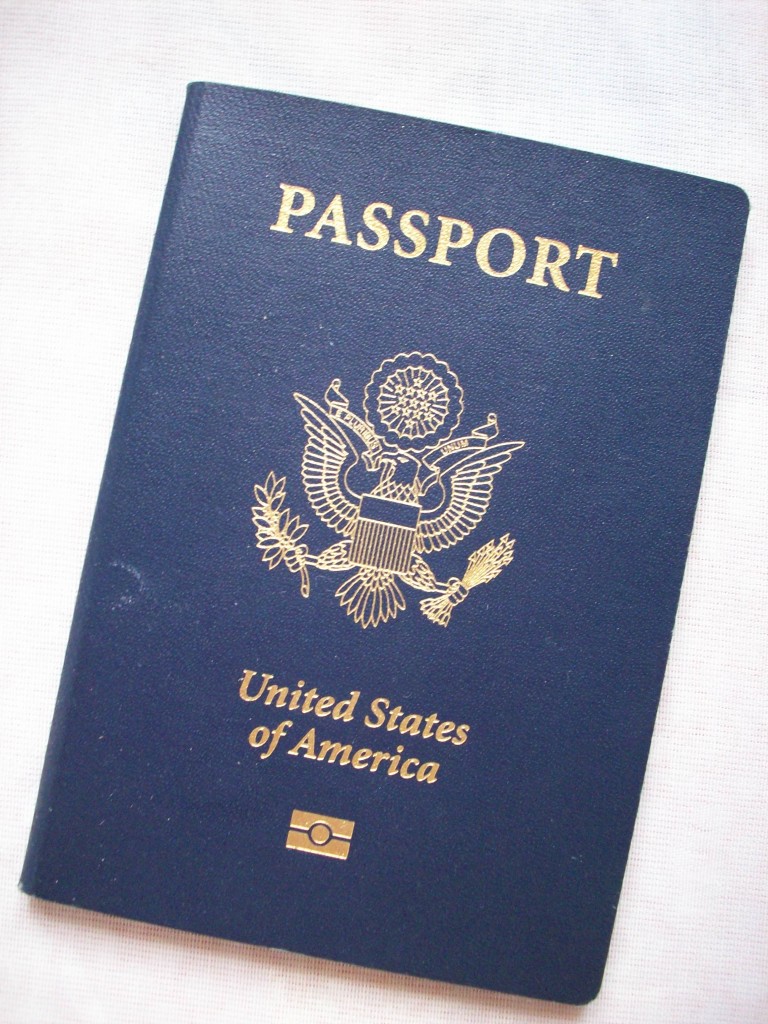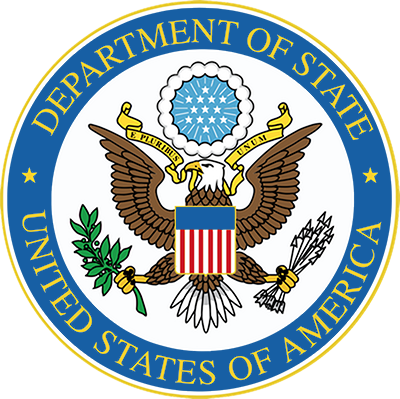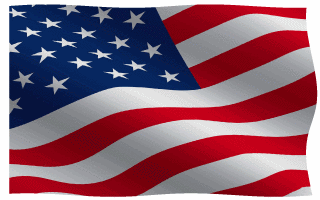REGISTRATION AND PAYMENT
LIAISON-USA is committed to helping higher education students find suitable colleges and universities in the United States of America (USA).
Our experienced staff will stand by you every moment, helping you find the universities that best fit your needs.
We will help guide you to your required tests, evaluate your credentials, and obtain a letter of admission for your new life in the USA.
As an international student, you will need a student visa; issued and regulated by the United States Citizenship and Immigration Service (USCIS). There are many different visas, and the process is complex, which is why we are here to help.

ADMISSION AND REGISTRATION
At LIAISON-USA, we are here to lighten your load. The registration and admissions process can be challenging if you do it alone. Luckily, we are here to help you through every step of the registrations and admissions process.
Before registering, be sure to CAREFULLY read our registration and payment policies.

The F-1 Student Visa
The F1 visa is the most common visa is issued to students entering the United States. In general, it is issued to students who come to the US for a program of study or to learn English as a second language.
Students under an F1 Visa must maintain the status of a full time student. Their studies must be completed by the expiration date of their I-20 Certificate which is provided by the college or American university that accepts them.
A student under an F1 Visa can stay in the USA up to 60 days after the end of the period of their study program, unless they obtain permission to stay and work for a period of time in part of the OPT program.
Contact us for more information about the F1 student visa. We are happy to help.

F1 Visa Qualifications
F1 visa applicants must meet several strict criteria including the following:
Proof of residency- Candidates for the F-1 visa must provide proof of residence in their country of origin and must intend to return after graduation.
Sponsoring Institution– Your F-1 visa allows you to take your courses specifically from the institution through which the visa was granted. As such, you must have proof that a university has accepted you.
Financial support– Applicants must demonstrate sufficient financial support to be approved. The USA Funding Study Guide can help you prepare for this aspect of your time abroad.
Ties to Your Country of Origin- All applicants must demonstrate strong ties to their country of origin, which can include the following:
- A Letter of intent for employment after graduation
- Assets such as a house, land, vehicle, etc.
- Bank Accounts
- Family ties in your country of origin

Conditions of Admission
Admission policies vary by university. To determine your eligibility, you will likely need to meet some basic requirements, including having enough money to support yourself while studying without having to work.
You may also have to show proof of medical insurance to cover any expenses if you need medical assistance.
Once the university has determined that your application is complete and you are eligible for admission, it will issue you an I-20, which you can use to apply for your F1 visa.

Embassy and Consulate of the Unites States
Student visa applicants should apply to the embassy or US consulate with jurisdiction over their place of permanent residence. Although visa applicants may apply at any US consular office abroad, it may be more difficult to qualify for the visa outside their country of permanent residence.
Always protect yourself by keeping a copy of everything that you complete and submit along with your visa.

Items to be provided
When applying for your student visa, you will need the following:
Registration fee
Registration fees are non-refundable. If your visa is not approved, your money will not be returned.
DS-160
All candidates must complete and submit the DS-160, which is the online application for a nonimmigrant visa.
DS-157
DS-157 is a supplemental immigration form required for all men aged 16-45.
Valid Passport
You are required to have a valid passport for travel to the United States. The passport must be valid for at least six months beyond your intended period of stay in the United States.
Pictures
You can download a digital photo that is:
-Full Color- dimensioned such that the head is between 1 inch and 1 3/8 inch (22 mm and 35 mm) or 50% and 69% of the total image height from the bottom of the chin to the crown of the head
–Current- The photo must be from the last 6 months to reflect your current appearance, including clothes you would wear on a regular basis
-Composed- You must be directly facing the camera in front of a white or off-white background, with a neutral expression and both eyes open.

Interview for the F1 Visa : Very important
INTERVIEW FOR THE F-1 VISA: VERY IMPORTANT
An interview will be required to determine whether or not you are qualified to receive an F1 visa. You must show up to the interview with all the necessary documents and receipts, and be prepared in advance to answer any personal questions about your decision to study in the United States.
Visa interview questions often include requests about your academic qualifications and choice of university. You may be required to prove that you have ties and obligations that guarantee your return to your home country after your international studies.
More importantly, you have to prove you have the means to fund your education. Education costs are higher in the US than most countries. In order to be approved for an F1 visa, it is crucial that you present a sound financial plan for the duration of your studies.

Reasons for Denial Visa F1
If your request for F-1 visa is refused, this refusal is based on the immigration law of the United States. If you are denied, reason for the refusal will be given. Some requests are refused because the applicant has not provided the necessary information or the necessary supporting documents. However, you may be ineligible for other reasons.
Of course, if you do not meet the eligibility criteria as mentioned above, you can expect your application will be denied.
Other common reasons for refusal are fraud, misrepresentation, and illegal presence in the United States. Health-related issues, criminal motives and safety reasons are also considered.
For more information on visa refusals and to see if you qualify for a waiver or a new application, the US Department of State website is an excellent resource.

KEEP YOUR VISA VALID AFTER ARRIVAL IN THE US
Once you are approved for your F-1 visa, you are able to enter the United States as an international student. However, after arrival, you will need to be aware of your obligations as a holder of F-1 visa. If you do not maintain the validity of your F-1 visa, you will not be allowed to return to the United States if you leave. You will also not be eligible for practical training or employment on campus. Here are some tips to ensure you are in good standing during your study abroad:
Upon arrival
Make sure you arrive in the United States no more than 30 days before the first day of class. Check the regulations in force with your international advisor as soon as possible before the beginning of your program.
During your program
You must remain enrolled full-time. Attend all your classes. If you are struggling with your grades, inform your international advisor. If you are unable to complete your program on the date indicated on your I-20 form, your international advisor can help you apply for an extension.
Your passport must be valid for at least 6 months beyond your program’s completion date. The consulate or embassy in your country can help you extend your passport if necessary. Always carry a copy of your passport and your ID card for identity verification purposes
I-94.
Always inform the international advisor of your university if you change your address, curricula, or visa status.
To work
Students who have an F-1 visa are not allowed to work off campus. However, there is the possibility for on campus or practical training if you are qualified.
Check with your international advisor to see if it is possible for you. If you choose to work without proper authorization, your visa will be canceled and you will be forced to leave the United States.
After completion of the program
After your program ends, you have 60 days to leave the United States as part of your F1 visa. To stay in the US, you will need to re-register to a higher program, transfer to another school to receive a new I-20 form, or apply to change your visa status. Your international advisor can give you more information about your options.

Sample Questions for the F1 Visa Interview
It is important to be prepared for your F1 visa interview. Commonly asked questions include:
- Why did you choose to study in the United States instead of joining the workforce in your country?
- Why did you choose this school? Why it is a good fit for you?
- What are your test scores (GRE, GMAT, SAT, TOEFL, IELTS), your GPA and your overall performance as a student in the past?
- How will you fund the duration of your studies, including tuition, room and board, transportation, and all other expenses?
- After you graduate, will you stay in the USA?
Your consulate officer may ask these questions in different ways, but they all have the same purpose – to make sure that you qualify for the F1 visa, as indicated above. If these questions are answered properly, the consulate officer may approve your request.
If approved, you may be required to pay visa fees. Your digital fingerprints will be taken. Your passport will be taken so that your visa can be applied. Your passport will be returned in person or by mail.
Keep in mind that visa issuance is not guaranteed. Do not make final travel plans until you have your visa approved. If your visa is denied, you will receive a reason for it. Filing a waiver of ineligibility is possible in some cases.

REFUND POLICY
Visa Applicants
- For Visa application, Students must prove that the application was rejected. They must provideoriginal I-20 Form or a letter of denial from the Unites States’ Consulate.
- If you were refused the visa, LIAISON-USA will then credit your account using the appropriate method.
- LIAISON-USA will collect the entire initial deposit from the third party and refund it to the student if the visa application is rejected.
- Students MUST request their refund in writing. Shipping costs, credit card fees, and bank fees will be deducted from the student’s refunds.
Registration Fees
- Registration fees are not refundable in the United States of America. They are considered processing fees, and once paid, they cannot be returned, even if you no longer wish to apply to the university.
Educational Technology and Software Refunds
- Some educational technology products cannot be returned if they are opened. These include music, software, and video games.
- Merchandise that has been worn, used, or altered will not be accepted for return or exchange.
You will be required to pay for the return shipping on any returned items.








